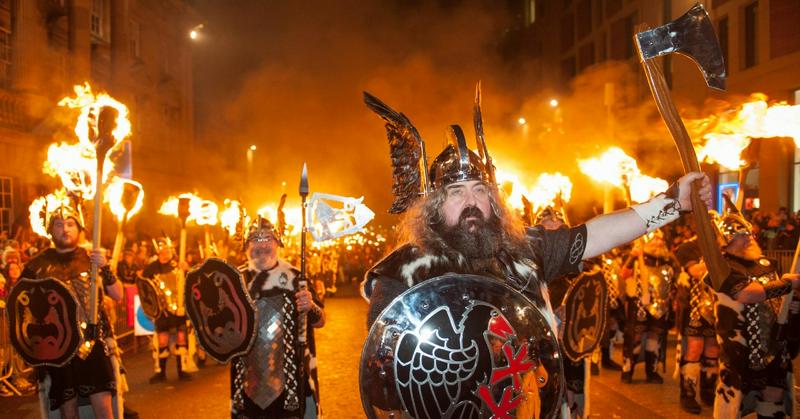Scotland Banned Christmas For 400 Years: Became A Public Holiday In 1958
By | December 15, 2020

The war on Christmas didn't start with holiday coffee cups and the phrase "season's greetings." It goes back to at least 16th-century Scotland, when the country split with the Catholic Church. A radical version of Presbyterian Protestantism whipped the country into a frenzy, and the denunciation of all things papal included churches, statues, and traditions like Christmas.
Scotland's Christmas Ban
In 1560, a small but highly influential group of Protestants pushed reform through the Scottish Church, rejecting papal jurisdiction and adopting new beliefs. The newly Calvinist-infused Church of Scotland supported the notion that contemporary Christmas celebrations were too extravagant to be Christlike, so they outlawed the holiday completely. It took a few years to phase out celebrations entirely, but yuletide ended for good in 1583.
As difficult as it seems, the Church of Scotland cracked down hard on Christmas. People were jailed for celebrating the holiday, but even the baking of Yule bread and Christmas divination customs like cracking an egg into a cup to determine the profession of one's future partner and reading fireplace ashes like tea leaves became controversial, being far too pagan for the Church of Scotland. Modern Scots still celebrate their pagan roots by burning a twig of the rowan tree at Christmas to ward away bad feelings, but they had a long way to go.

Unbanning Christmas
In 1712, the Church lifted Scotland's Christmas ban, but celebrating the holiday was still frowned upon. Scots who did celebrate Christmas in the dark years between 1712 and 1958 did so quietly, first out of fear of recrimination and then out of respect for their neighbors who didn't take part in the holiday. Some presents were exchanged, but they were mostly given to children, and they were only treats and small tokens, not the 18th-century equivalent of PlayStations.
Finally, in the middle of the 20th century, families became bold enough to decorate with boughs of holly and host small Christmas dinners, but December 25 didn't become a national holiday until 1958. It wasn't until 1974 that Boxing Day was officially named a holiday, giving Scots two full days to relax.

Hogmanay Is Better Anyway
Christmas may have been banned by the Church of Scotland for 400 years, but the country's New Year's celebration has always been a possibly even more important tradition. Hogmanay, the Scots word for the final day of the year, is the beginning of a nearly week-long celebration whose roots date so far back into the country's pagan past that not even those Calvinist sticks in the mud could erase it.
In fact, the ban on Christmas might have inspired the party-hungry Scots to change Hogmanay from a small New Year's celebration into a four-day bacchanalia when Scots go from house to house wishing their neighbors good health while eating haggis, neeps and tatties, and other strangely named foods. Today, Scotland celebrates Christmas and Hogmanay together as a nearly two-week celebration, something that was unimaginable 400 years ago. Of course, the Church looked down their noses at Hogmanay in the 17th century, too, but they didn't think banning both winter holidays would go over too well.

